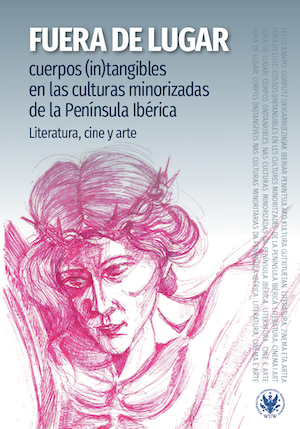GORPUTZ GAIXOAK ETA ALTERITATE ESPAZIOAK
SICK BODIES AND SPACES OF ALTERITY
SPACES OF (IN)TANGIBILITY IN RECENT BASQUE AND EAST GERMAN NARRATIVES
Author(s): Garbiñe Iztueta-Goizueta
Subject(s): Cultural history, Studies of Literature, Philology
Published by: Wydawnictwa Uniwersytetu Warszawskiego
Keywords: alterity; periphery; cultural memory; post-generation; Basque and German literature
Summary/Abstract: This article aims at analyzing alterity, periphery and memory in the works of four writers of Basque and German literature: "Jenisjoplin" (2017) by Uxue Alberdi, "belzuria" (2014) by Ixiar Rozas, Familie der geflügelten Tiger (2016) by Paula Fürstenberg and "Das Fell" (2017) by Maren Wurster. All four young female writers belonging to the same generation, they create new spaces for reflection on alterity, periphery and memory through the representation of sick bodies. Focusing on the field of perceptions in their works, special emphasis will be placed on the literary representation of the senses of touch and hearing, in order to compare the embodiment of the numinosum when approaching the other. In the literarization of sick bodies by Alberdi, Rozas, Fürstenberg and Wurster, skin and voice stand out as key strategies for the approach to alterity and memory. In addition, as these authors stand for the post-generation of crucial events of the 20th-century Basque and German histories, the literary relationship of these authors with the memories of previous generations will be compared. Their contribution to the communicative, social and cultural memory of Basque political and social conflicts, as well as of past wars (Alberdi, Rozas) and of East Germany or German Democratic Republic (Fürstenberg, Wurster) will be confirmed.
Book: Fuera de lugar: cuerpos (in)tangibles en las culturas minorizadas de la península Ibérica
- Page Range: 134-158
- Page Count: 25
- Publication Year: 2022
- Language: Spanish
- Content File-PDF

